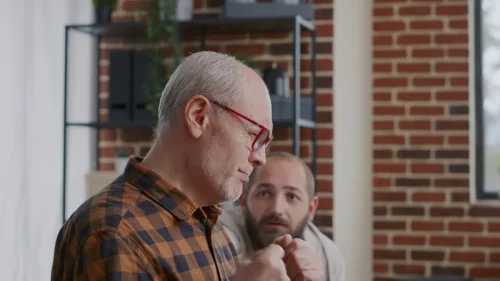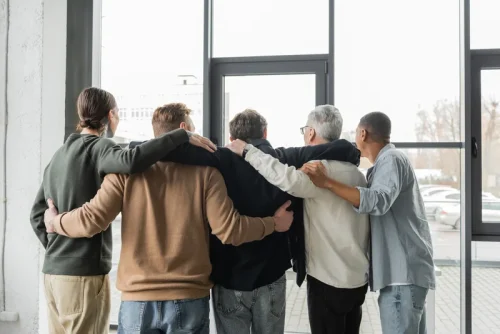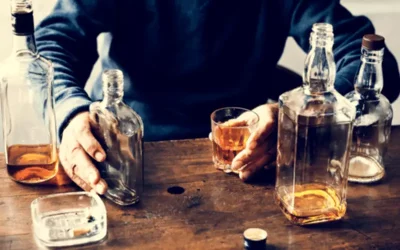
Research suggests there may be a bidirectional connection between anxiety disorders and AUD. However, if there is a chance that you are physically or psychologically addicted to alcohol then you should not attempt to stop drinking without professional support. Anxiety is different to depression, but they can sometimes go together – feeling anxious and worrying constantly can make you feel low.
Alcohol and Anxiety: Does Alcohol Cause Anxiety and Panic Attacks?
Additionally, chronic alcohol use can lead to tolerance or dependence, as well as cause physical damage to the body (including the brain, liver, and heart). As it turns out, I’m not alone in having anxiety the day after drinking (a.k.a. hangxiety). A night of drinking can bring up feelings of anxiety or jitteriness, even if you’re not diagnosed with an anxiety disorder. does alcohol cause panic attacks Alcohol affects the levels of serotonin and other chemicals in your brain, so it affects your body and mind in various ways the next day. While alcohol might feel like a solution in the short term, this drinking behavior comes with many problems. When people use alcohol to relieve symptoms of a mental health condition, it can quickly become a “crutch.”
- Several proposed explanations exist for the link, including genetics, a person’s environment, and the brain mechanisms related to addiction and anxiety symptoms.
- But if drinking never ends, and the alcohol use becomes chronic, you might begin to see how anxiety and alcohol misuse can feed into each other.
- Finally time to unwind—and there’s nothing like a Bloody Mary or a glass of wine to help you doze off for a few hours, right?
- It’s also possible for chronic alcohol use to contribute to existing anxiety or lead you to develop an anxiety disorder.
- But after the alcohol wears off, you can start to feel your anxiety come back even stronger.
How Alcohol Affects Anxiety Disorders
In some cases, a person who drinks alcohol to relieve feelings of anxiety might end up drinking more because they expect alcohol to provide a certain amount of relief from their anxiety symptoms. Drinking alcohol on a regular basis can result in your body building up a tolerance to this substance over time. This means that you will need to drink larger amounts of alcohol on a more frequent basis in order to experience the same effects, increasing the risk of developing a physical or psychological addiction.
Risk Factors for Anxiety
They might also consume alcohol at the gathering to feel more relaxed or less inhibited around others. In many cases, it is unclear whether alcohol causes anxiety or if anxiety makes a person more likely to drink alcohol. Research in a 2019 article suggests that up to 50% of people having treatment for AUD also meet the criteria for at least one anxiety disorder.
- Alcohol has an effect on brain chemistry – it can induce panic because of its effects on GABA, a chemical in the brain that normally has a relaxing effect.
- AUD is a chronic condition that includes a variety of effects on the mind and body.
- Your body can have an uncomfortable sensation the next day as a result, which can feel like a nervous energy or anxiety.
- If you automatically reach for alcohol as soon as you notice the impending symptoms of a panic attack, you may believe that this substance calms you down and prevents you from spiralling.
- According to some animal research, those who drink alcohol in their youth may be more prone to anxiety in adulthood, which might suggest a causal relationship.
- If you or someone you love is experiencing alcohol related anxiety, there are ways to cope.
- Drinking can also cause hangovers, which usually consist of symptoms like nausea, dizziness and headaches.
- It’s a natural human response and usually passes once the situation is over – for example around a job interview.
“There are any number of other things that are equally contributing to the problem,” Luks says. They include deaths where the primary (or underlying) cause of death listed on the death certificate was one of 58 alcohol-related causes. Panic attacks may come on suddenly and without warning at first, but over time, they’re usually triggered by certain situations. Sign up for free and stay up to date on research advancements, health tips, current health topics, and expertise on managing health. Given the possible connection, it’s not surprising that additional research has shown that treating one condition requires adequately addressing the others.

Panic attacks and panic disorder
